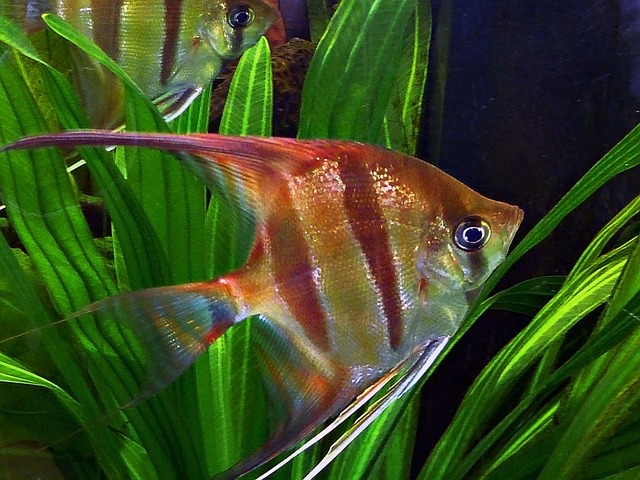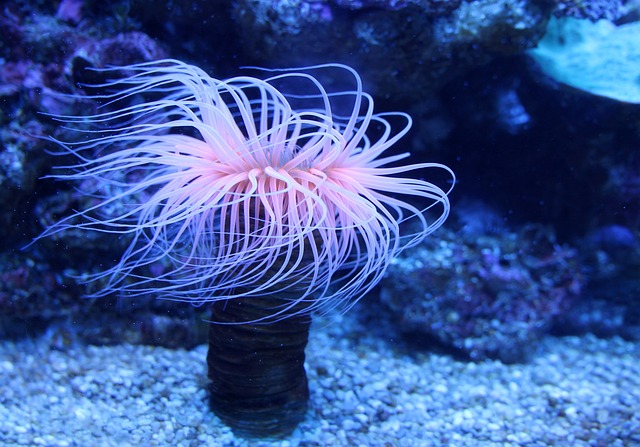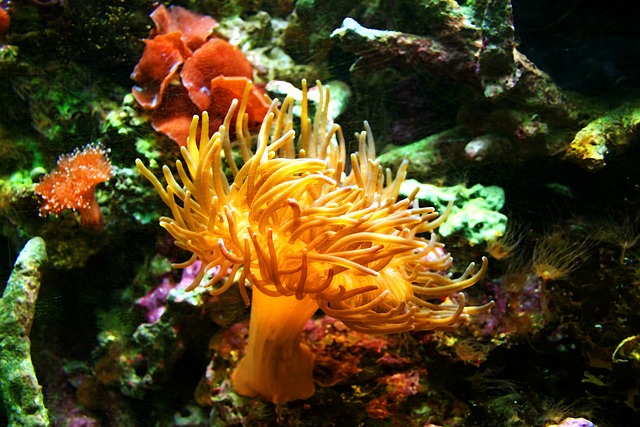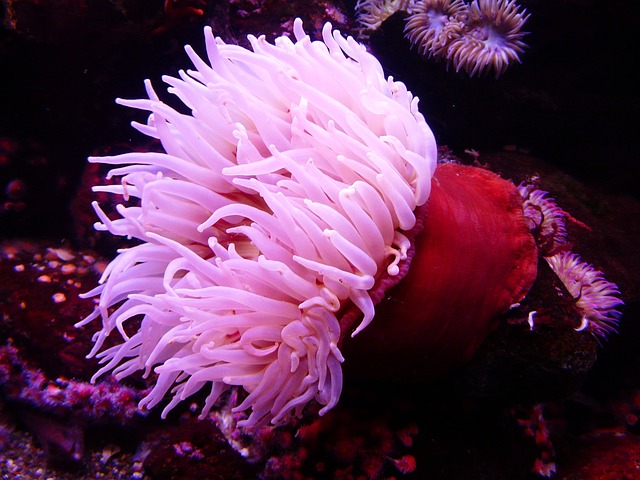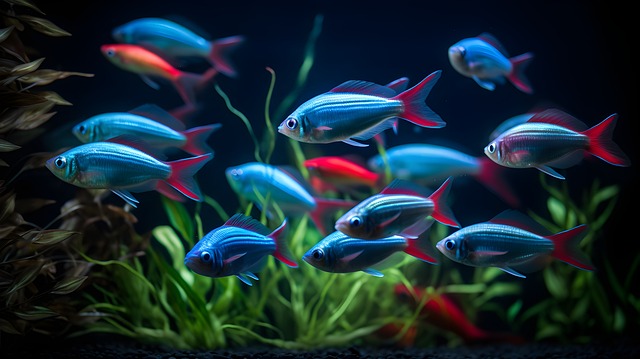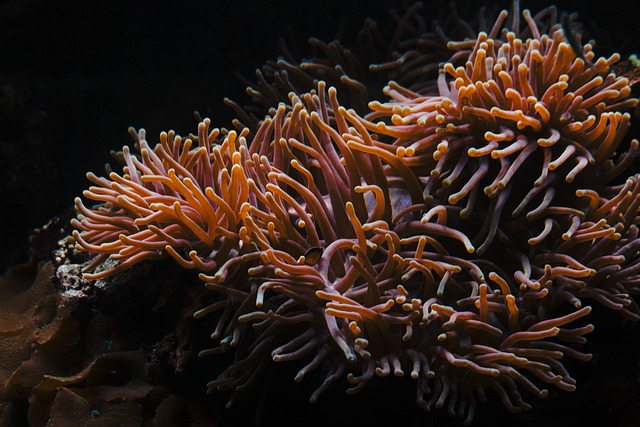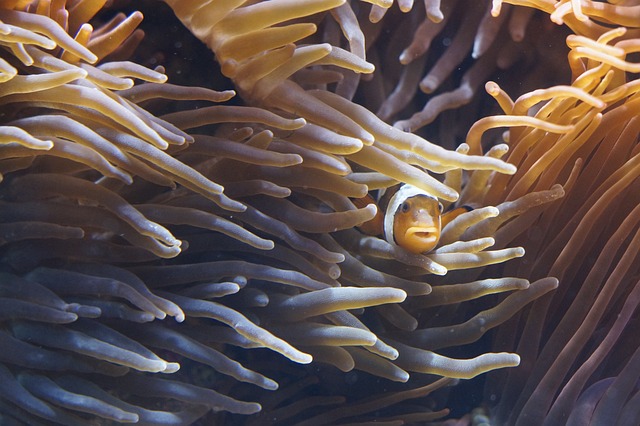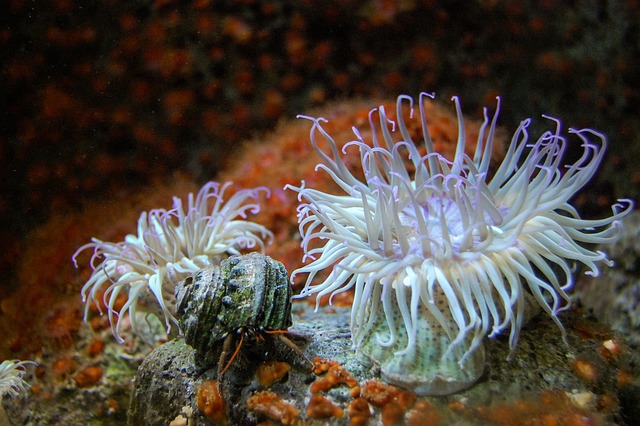There are several reasons why angel fish may not grow as expected. One possible cause is inadequate nutrition. Angel fish require a balanced diet that includes both protein and vegetables. If they are not receiving the proper nutrients, they may not grow as quickly or as large as they should.
Another possible cause is poor water quality. Angel fish are sensitive to environmental changes and require clean, well-maintained water to thrive. If the water in the aquarium is dirty or contains high levels of toxins, it can stunt the growth of the fish.
Possible Reasons
Inadequate Tank Size
One of the most common reasons angel fish may not grow is that they are kept in inadequate tank sizes. Angel fish require a minimum tank size of 20 gallons and plenty of swimming space to grow and thrive. If they are kept in a tank that is too small, they may become stunted and fail to reach their full size.
Poor Water Quality
Poor water quality can also determine why an angel fish is not growing. If the water in the tank is not maintained correctly, it can lead to a buildup of toxins and harmful bacteria that can stunt the growth of the fish.
This can be caused by overfeeding, inadequate filtration, or infrequent water changes.
Improper Diet
Another reason why an angel fish may not be growing is because of an improper diet. Angel fish require a varied diet that includes both protein and vegetables.
If they are not receiving the proper nutrients, they may not grow as quickly or as large as they should. Feeding them a high-quality diet that meets their nutritional needs is essential.
In conclusion, there are several possible reasons why an angel fish may not grow, including inadequate tank size, poor water quality, and improper diet.
It is essential to address these issues to ensure the fish is healthy and can grow to its full potential.
Environmental Factors
Water Temperature
One of the most critical factors that can affect the growth of an angel fish is the water temperature. Angel fish require a consistent water temperature between 76°F and 82°F.
If the temperature is too low or too high, it can affect the fish’s metabolism, leading to stunted growth.
It’s essential to use a reliable aquarium thermometer to monitor the temperature and ensure it stays within the appropriate range.
Lighting
Lighting is another important environmental factor that can affect the growth of an angel fish. Angel fish require a consistent day and night cycle to help regulate their biological clock.
If the lighting is too bright or dim, it can disrupt their natural cycle, leading to stunted growth. It’s essential to use a timer to ensure the lighting is consistent and to avoid sudden changes in lighting.
Water Flow
The aquarium’s water flow can also affect angel fish’s growth. Angel fish require a moderate water flow to help maintain a healthy environment.
If the water flow is too strong or weak, it can affect the oxygen levels in the water, which can lead to stunted growth. It’s essential to use a reliable aquarium pump to maintain a consistent water flow.
In summary, the water temperature, lighting, and water flow are all important environmental factors that can affect the growth of an angel fish. It’s essential to monitor these factors and make adjustments to ensure a healthy environment for your fish.
Health Issues
Parasites or Infections
One of the most common reasons for an angel fish not growing is the presence of parasites or infections. These can be caused by poor water quality, overcrowding, or introducing new fish without proper quarantine. Parasites and infections can cause stress, stunted growth, and even death.
Some common parasites and infections that can affect angel fish include:
- Ichthyophthirius multifiliis (Ich)
- Costia
- Flukes
- Bacterial infections
Symptoms of parasitic or bacterial infections may include white spots or patches on the skin, redness, swelling, or abnormal behavior such as lethargy or loss of appetite.
Identifying and treating these issues promptly is essential to prevent further damage to the fish.
Genetic Issues
Genetic issues are another possible reason for the lack of growth in angel fish. Some fish may have inherited traits that make them smaller or slower-growing than others. Inbreeding can also lead to genetic defects that affect growth and overall health.
If genetic issues are suspected, it may be necessary to cull affected fish to prevent the spread of undesirable traits. However, it is essential to note that not all cases of slow growth are due to genetics.
Stress
Stress is everyday in many health issues affecting fish, including stunted growth. Factors that can cause stress in angel fish include poor water quality, overfeeding, overcrowding, and aggressive tank mates.
To reduce stress and promote healthy growth, it is essential to maintain a clean and stable environment for the fish. This includes regular water changes, proper filtration, and appropriate tank size for the number of fish.
In conclusion, several potential health issues can cause an angel fish not to grow properly. Identifying and addressing these issues promptly makes it possible to promote healthy growth and prevent further damage to the fish.
Conclusion
In conclusion, there are several reasons why an angel fish may not grow. Identifying the root cause and addressing it promptly is essential to ensure the fish’s health and growth.
Some of the common reasons for stunted growth in angel fish include poor water quality, inadequate diet, stress, and genetics. Maintaining the aquarium’s water quality parameters, including pH, temperature, and ammonia levels, is crucial to ensure the fish’s well-being.
Feeding the fish with a balanced diet that includes a variety of foods, such as pellets, flakes, and frozen foods, can also promote healthy growth. It is also essential to avoid overfeeding the fish, as this can lead to health issues and stunted growth.
Stress can also be a significant factor in inhibiting the growth of angel fish. Providing the fish with a suitable environment that mimics their natural habitat, ample hiding places, and adequate swimming space is crucial.
Lastly, some angel fish may have genetic predispositions that affect their growth. In such cases, ensuring the fish is healthy and well-cared for is essential, even if it does not grow to its full potential.
Taking care of an angel fish requires patience, dedication, and attention to detail. By addressing the potential causes of stunted growth and providing a suitable environment and diet, fish owners can help their angel fish thrive and grow to their full potential.

